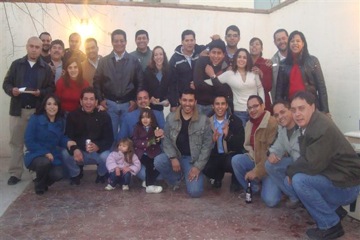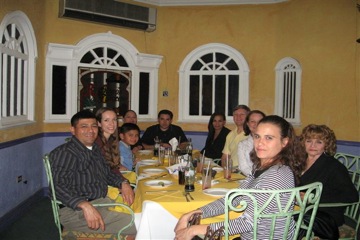
Photos: author
I first arrived in Juarez, Mexico in 2001 for an “interview” which I found out later was merely a formality. My company had already decided to transfer me from Michigan to the Mexican plant.
I wanted the international assignment so I could learn to speak Spanish like a native. Never mind that Spanish fluency was a requirement for the job, and mine was barely conversational, verging on basic, poor, and weak. I told them I was fluent.


